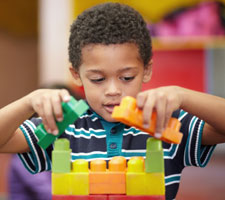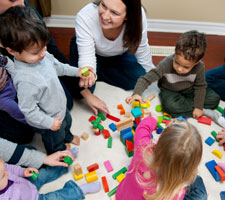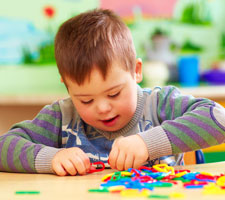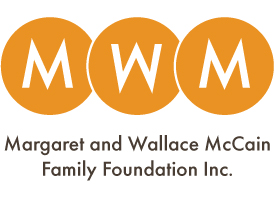Boston has focused on creating and implementing a curriculum that aligns the content and instructional practices of the pre-K through second grade span.

EXPANDING PUBLIC EDUCATION
Evidence

In Boston, Bringing the Best of Pre-K Practices into the Elementary Years

Making Numeracy and Literacy Learning Visible in Play-Based Publicly Funded Programs
There is an increased movement toward locating early childhood programs within school environments. However, there remains some tension between long-held perceptions of play and the realities of play-based pedagogies, resulting in increasing pressure for evidence of outcomes in academic skills, such as numeracy and literacy.

JK’s role is supporting allophone children
The findings are clear. Allophone children who attended daycare (or pre-kindergarten at age four, though to a lesser extent) show better cognitive development, improved social and emotional skills, and greater communication abilities.

Junior Kindergarten’s ability to improve mental health outcomes for young children
The ability to manage emotions is thought to be important for regulating stress at a physiological level, yet no prior published studies have examined young children’s emotion understanding or knowledge in relation to the stress hormone cortisol.

The success of introducing Junior Kindergarten in New York City
A little more than a decade ago, Bill de Blasio, then the New York City public advocate preparing a run for mayor, sat at a window table in Bar Toto in Park Slope with his policy adviser Ursulina Ramirez. The two batted around an idea: What if every child in the city could attend pre-K?

A significant part of the solution to early learning and child care resides in our schools by offering universal pre-kindergarden for 4-year-olds as an extension of public education.
